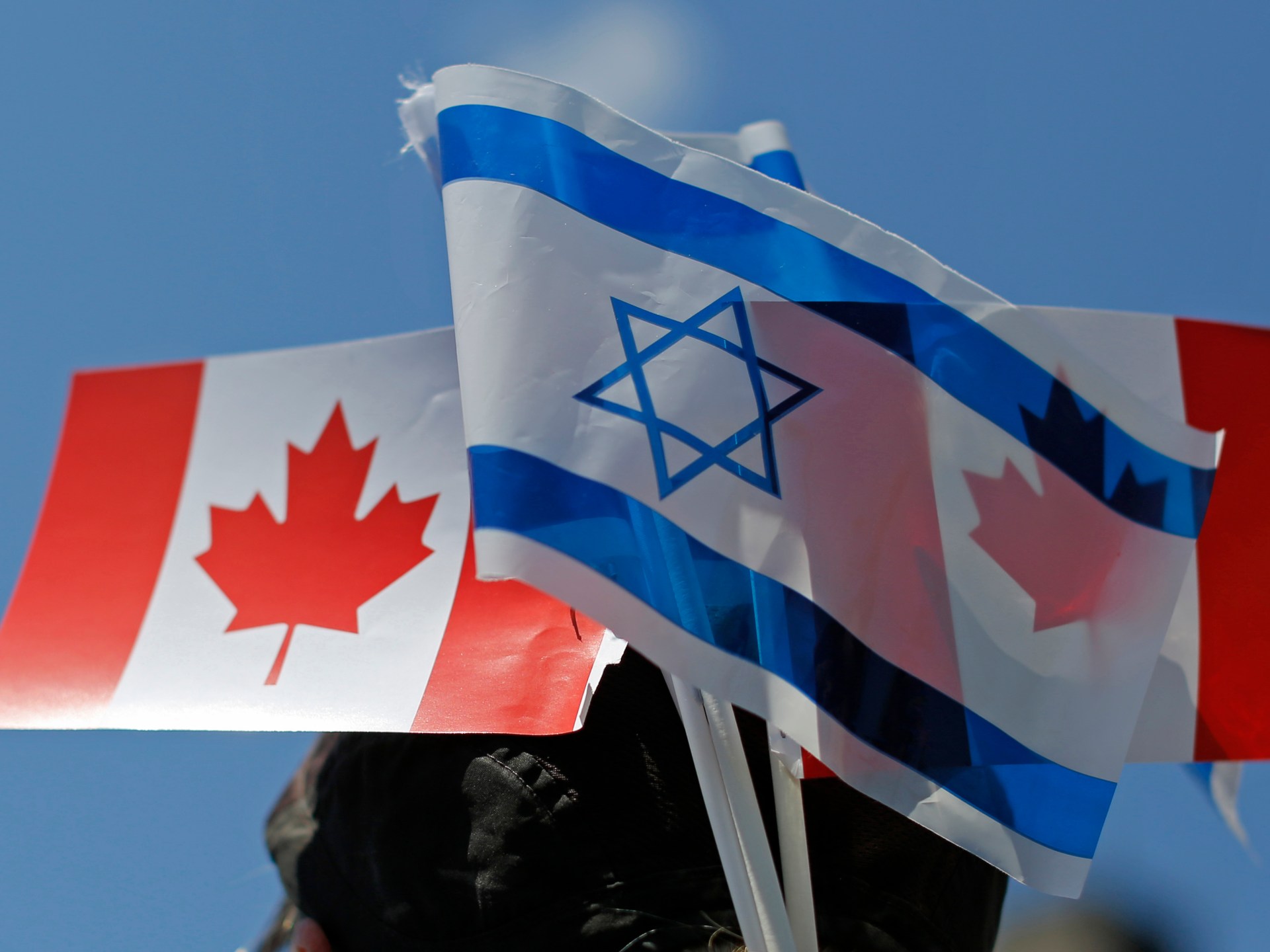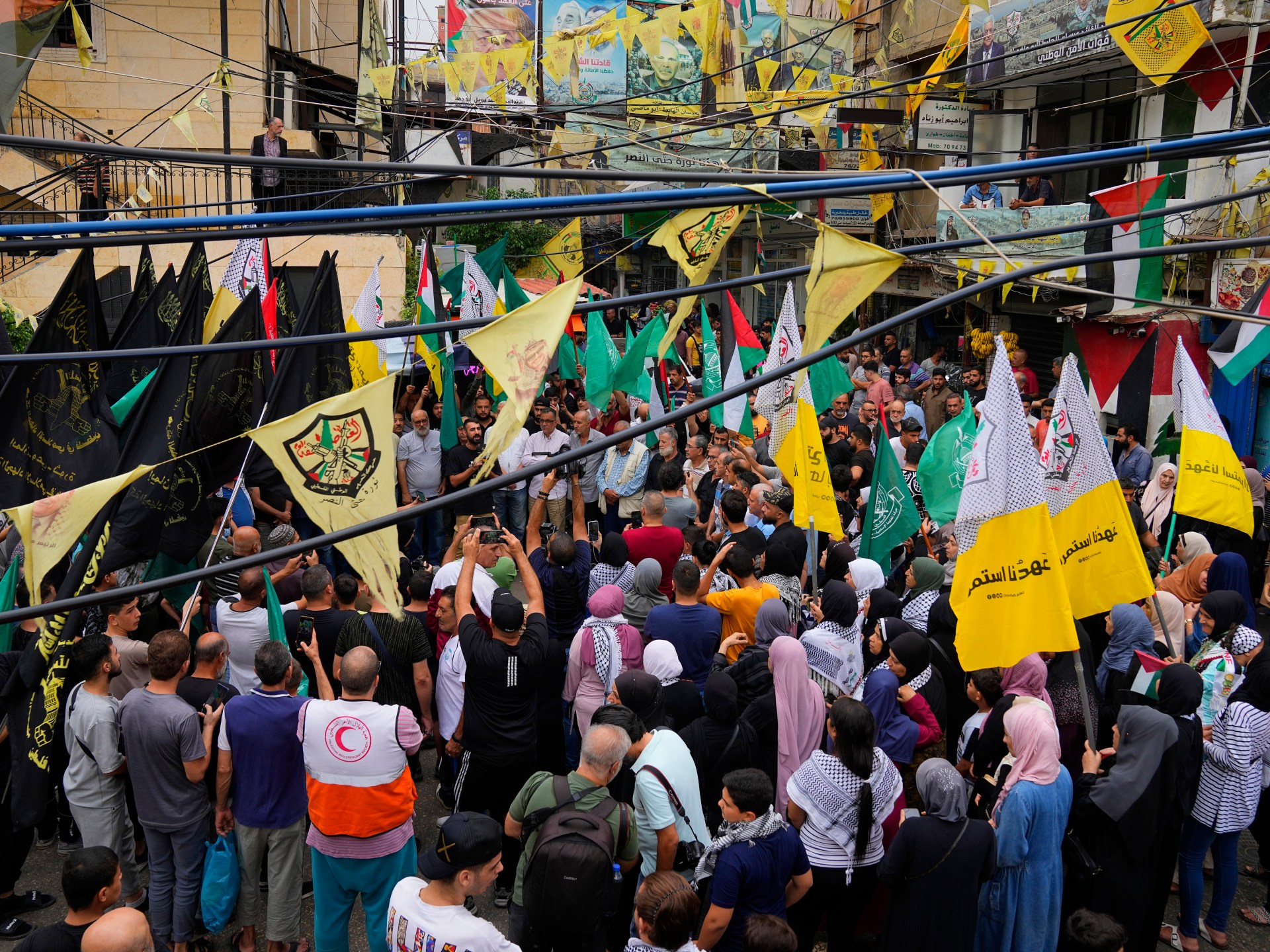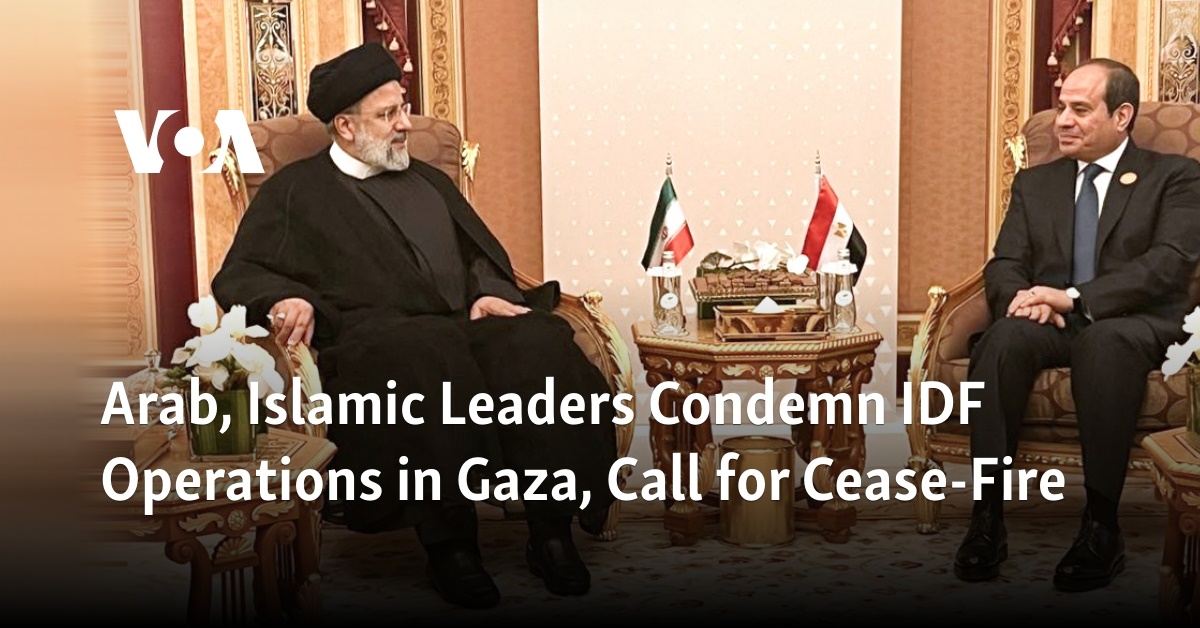
Montreal Canada – More than a month after the bombing of Gaza, the Israeli military issued a warning: Ground troops had surrounded the largest hospital in the Palestinian enclave of al-Shifa. A raid will be launched “in a few minutes”.
What is to come siege The construction of the health complex in Gaza City sparked panic among the thousands of injured patients, medical staff and displaced Palestinians seeking refuge there.
But amid urgent international appeals to protect Gaza’s hospitals, much of the focus in Canada has been on Prime Minister Justin Trudeau’s tougher tone.
“I have made it clear: the price of justice cannot be the continued suffering of all Palestinian civilians. Even wars have rules,” Trudeau said in a press conference on November 14, around the time the raid on al-Shifa began.
“I call on the Israeli government to exercise maximum restraint,” he continued, making his harshest comments since the start of the war. For weeks, Trudeau had ignored calls – and some of Canada’s largest protests in recent memory – calling for an immediate ceasefire in Gaza.
“The world is watching. On television and social media we hear the testimonies of doctors, family members, survivors and children who have lost their parents. The world is witnessing it. The killing of women and children – of babies; That has to stop.”
The answer from Tel Aviv came quickly. Prime Minister Benjamin Netanyahu publicly responded to Trudeau’s speech, arguing on social media that the Palestinian group Hamas, not Israel, was responsible for any civilian casualties. Netanyahu referred to the Hamas attacks in southern Israel on October 7, one of the events that sparked the war.
Pro-Israel lobby groups in Canada echoed that argument, saying “the blood of dead babies – Israeli and Palestinian – flows on Hamas” and accused Trudeau of stoking anti-Semitism.
In the days that followed, Canadian ministers tried to soften Trudeau’s comments.
“The Prime Minister is understandably concerned about the lives of innocent people on both sides of this border,” Defense Minister Bill Blair told Canadian broadcaster CTV. “We also made it crystal clear: Israel has the right to defend itself.”
The episode is one of many examples in recent weeks of what observers have described as Canada’s “schizophrenic” foreign policy toward Israel and Palestine.
“Whenever [Trudeau] “When someone shows courage in this regard, they invariably backtrack from what they said after receiving any criticism from the Israel lobby in Canada or Israeli leaders,” said Michael Lynk, a former United Nations special rapporteur on human rights in Canada-occupied Palestinian territories, Al Jazeera said.
It is not Israel that is deliberately targeting civilians, but Hamas that has beheaded, burned and massacred civilians – the worst atrocities committed against Jews since the Holocaust.
While Israel is doing everything it can to protect civilians from danger, Hamas is…
— Benjamin Netanyahu (@netanyahu) November 15, 2023
In contrast to its powerful neighbor and that of Israel most important supporterThe United States and Canada say they are seeking a middle ground in their policies in the Israeli-Palestinian conflict. It supports a two-state solution, rejects illegal Israeli settlements in the occupied territories and demands that international law be respected by all parties.
But experts say Canada has two policies regarding the conflict: one on paper and one in practice.
They note that Canada has cast UN votes against its own stated positions and against it Palestinian efforts to seek redress at the International Criminal Court, arguing that it has supported harsh Israeli policies and failed to hold the country accountable for rights abuses.
“This government, as well as previous Canadian governments, unfortunately had a blind spot toward Israel,” said Farida Deif, Canada director at Human Rights Watch.
She added that Canada’s position had not changed despite the nearly two-month military operation in Gaza, which included bombs on hospitals and hospitals. Refugee camp and schools that serve as shelters. More than 15,200 Palestinians were killed.
“What we’ve seen in terms of Canada’s Israel-Palestine policy is really a lack of coherence, confusion and essentially a lack of engagement with the reality on the ground,” she told Al Jazeera. “And the reality on the ground that we have seen – that Palestinian organizations, Israeli organizations and international organizations have documented – is the reality of apartheid and persecution.”
So what’s driving Canada’s position?
Al Jazeera spoke to nearly a dozen human rights activists, politicians, former officials and other experts about how foreign and domestic calculations are influencing Ottawa’s stance – and whether public outrage could change its strategy.






Recent Comments